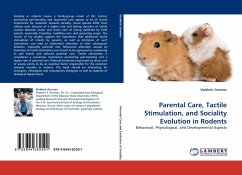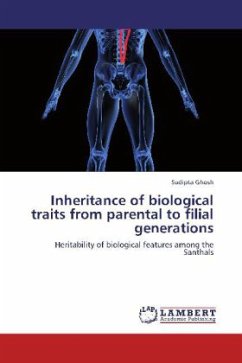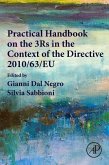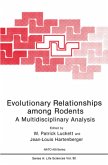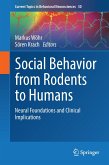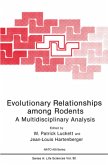Sociality in rodents means a family-group mode of life. Factors promoting pair-bonding and biparental care appear to be of crucial importance for evolution towards sociality. Social species differ from solitary ones because of a higher rate and lasting duration of tactile contact between mates and direct care of young exhibited by both parents (especially brooding, huddling over and grooming pups). The results of my studies support the hypothesis that additional tactile stimulation of infants by parents, as well as limitation of such stimulation, can lead to substantial alteration of their subsequent behavior, especially parental one. Behavioral alteration caused by limitation of tactile stimulation was found to be expressed by weakening of pair bonds and reduced paternal care. Tactile stimulation is considered a proximate mechanism promoting pair-bonding and a higher rate of paternal care. Paternal investment expressed by direct care of young seems to be an essential factor responsible for the evolution towards sociality in rodents. The book should be interesting for ecologists, ethologists and evolutionary biologists as well as students of biological departments.
Bitte wählen Sie Ihr Anliegen aus.
Rechnungen
Retourenschein anfordern
Bestellstatus
Storno

